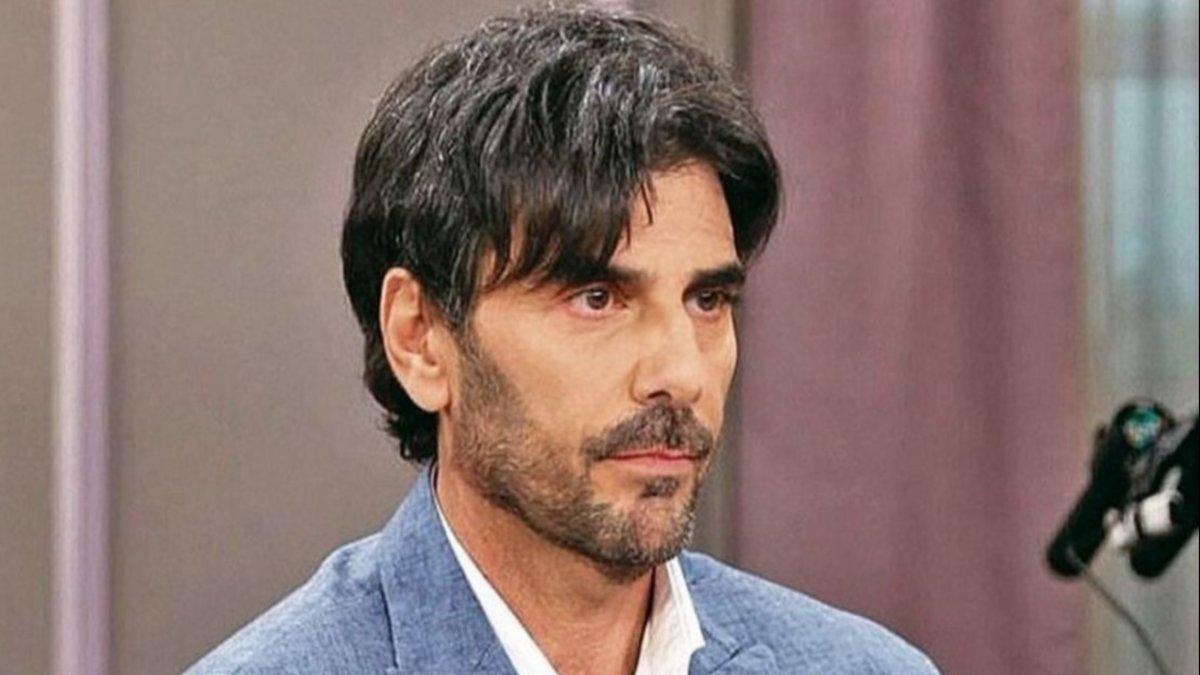
On Monday, the Brazilian Justice sentenced Juan Darthés to 6 years in prison following the complaint accusing him of rape filed by Thelma Fardin. This is a witness case in the country, where from the beginning both Thelma Fardin and Actrices Argentinas stated that it is not an individual problem, but sought to problematize how sexist violence is expressed in society and workplaces.
Given the public complaint in 2018, Juan Darthés traveled to Brazil, a country that has no extradition. Last year a lower court had acquitted him. At that time, Judge Fernando Toledo Carneiro stated: “Doubts remain about the way in which the events described in the complaint occurred. I understand that the acquittal of the accused must be maintained.”
After much struggle and persistence ✊. pic.twitter.com/J9GODBCoRk
— Myriam Bregman (@myriambregman) June 10, 2024
On this occasion, the São Paulo court sentenced him to 6 years in prison under a regime that allows him to go out to work. The actress’s lawyer, Carla Junqueira, declared that the guilt is for the “crime that in Argentine legislation is known as rape, while for Brazilian justice it is called statutory rape.”
Thelma’s response to the ruling
On Monday afternoon, Thelman Fardin called a press conference where lawyer Paola García Rey, deputy director of Amnesty International Argentina, Martín Arias Duval, his lawyer before the Argentine Justice, and Carla Andrade Junqueira, his lawyer before Brazilian Justice.
Paola García Rey, deputy director of Amnesty International Argentina, gave a summary of data that speaks to the approach that Justice takes in cases of gender violence beyond the result of the trial against Darthes. “The process was extremely re-victimizing, Thelma was subjected to 9 tests, 3 of them in Nicaragua, 5 in Argentina and 1 in Brazil,” she said. To which she added that Thelma testified three times, while Darthés only once, at which time she refused to answer questions, and that there were different dilatory strategies with four attempts to suspend the trial.
For his part, Martín Arias Duval clarified that there are recursive instances in which Darthés can appear, but that as the judicial process progresses the reasons for which they can be summoned are increasingly fewer. “It was a very forceful and robust sentence in terms of conclusions, evidentiary analysis and application of international and Brazilian law,” declared Carla Andrade Junqueira, Thelma’s lawyer before the Brazilian Justice.
Thelma referred to the process, where she received different attacks for having made and promoted the complaint, and conveyed different conclusions. “Although my case had justice today, it is not the reality of most cases,” she said. In turn, she emphasized the role of the women’s movement: “Thanks to the enormous women’s movement, I was able to speak, that movement that is being so reviled today.”
When asked about the possibility of victims accessing hotlines to make complaints or queries, she referred to the impact that her complaint had after the press conference held together with the Actrices Argentinas group in 2018: “I was thinking about those people who That day after the conference they dared to call 144, flooding the phone lines with complaints and telling their stories. Complaints increased by 1,200% that night. Where are those women, those people who are suffering violence, with 144 dismantled, going to call today?
“Unfortunately there will always be a search for us to go backwards,” she stressed and recalled Simone de Beauvoir’s phrase where she states that a social crisis will be enough for the rights, victories and conquests of women to come into play. “Faced with this scenario, what must be said is that we have to be constantly weaving networks, and that is why it is so important what we build not only in Justice but in the social fabric” were the words with which she ended the conference.
Source: www.laizquierdadiario.com
